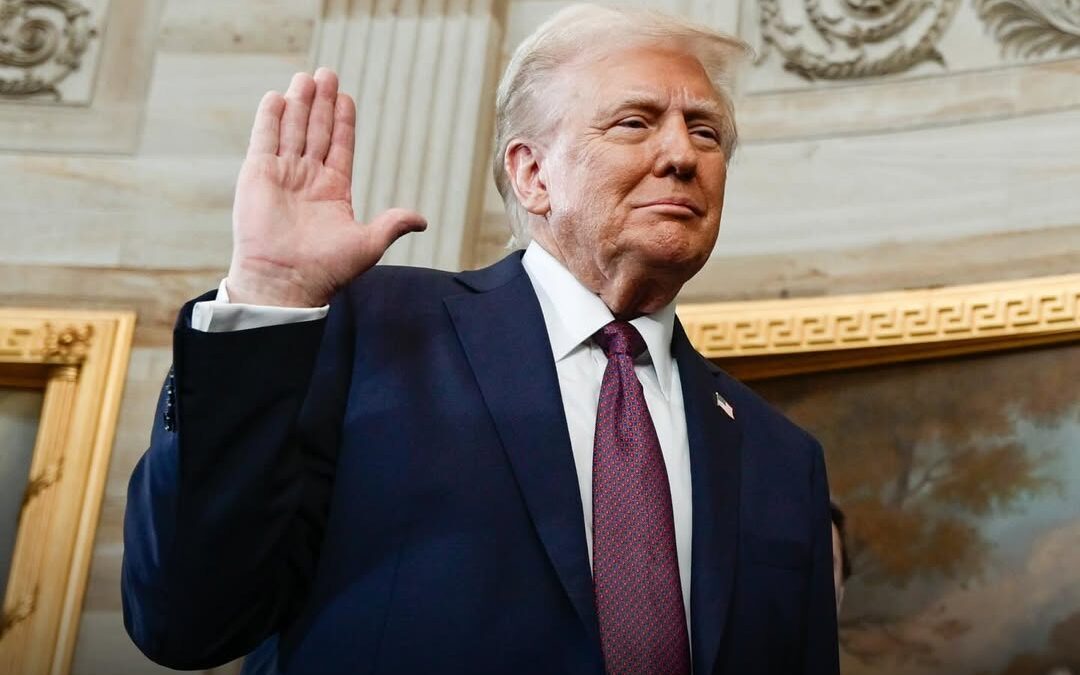Criticizing Zelensky and changing course on Ukraine: what’s behind Trump’s statements
20 February 17:23
US President Donald Trump’s sharp change in position on Ukraine and his criticism of Ukrainian leader Volodymyr Zelenskyy have put official Kyiv in a difficult position, limiting its diplomatic options and increasing pressure to reach a deal with Russia. This is stated in a Bloombergarticle of February 20, "Komersant Ukrainian" reports.
Donald Trump called Zelenskyy a “dictator without elections” and increased pressure on Kyiv, calling for a peace deal with Moscow as soon as possible. These statements were made against the backdrop of talks between the US and Russia in Saudi Arabia, where Ukraine was not represented. He also said that Zelenskyy “better hurry up” with the deal, otherwise “he will have no country left.” These statements increased pressure on Kyiv, forcing the Ukrainian leadership to look for ways to resolve the conflict without direct US support.
The publication notes that one of the possible reasons for the abrupt “change of course” could be the talks between the United States and Russia that took place in Saudi Arabia. They caused concern in Ukraine and among its European allies. The absence of Ukrainian representatives at these talks cast doubt on their legitimacy and raised concerns about possible concessions by the United States in favor of Russia. Ukrainian officials expressed dissatisfaction with the fact that the fate of their country was being discussed without their participation, emphasizing that no decisions regarding Ukraine could be made without its consent.
In addition, Trump’s sharp change in rhetoric on Ukraine has caused divisions within the Republican Party. Some senators who had previously supported significant aid packages for Ukraine now face a dilemma between loyalty to the president and commitment to national security. For example, Senator Lindsey Graham has supported Trump’s position, while Senate Minority Leader Mitch McConnell and Senator Susan Collins have expressed concern about a possible weakening of support for Ukraine. This internal split reflects a broader struggle within the party between traditional foreign policy priorities and the new line being pushed by Trump.
The Trump administration’s efforts to strike a deal with Russia without Ukraine’s participation have caused tensions between the United States and its European allies. European leaders expressed concern about possible unilateral actions by the United States and emphasized the need for joint efforts to achieve sustainable peace in Ukraine.
In the end, as the media summarizes, Ukraine’s absence from the negotiations between the US and Russia, as well as disagreements within the US Republican Party and tensions with European allies create additional obstacles to ending the fighting in Ukraine. After all, in order to achieve a sustainable and just peace, it is necessary to take into account the interests of all parties and ensure the transparency and inclusiveness of the negotiation process.









